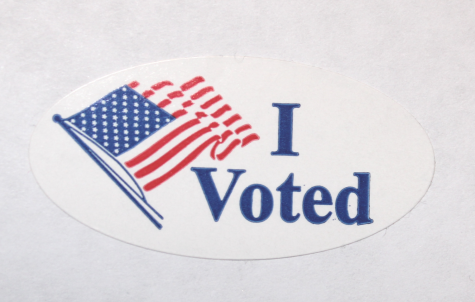
For the 2020 presidential election, Texan drop-off sites for mail-in ballots were limited to one per county. Governor Abbott cited risk of election integrity and lack of adequate election security as the primary reason for these widespread closures.
Several civil rights groups such as the National League of United Latin American citizens and the League of Women Voters have fought back against Abbott’s order and have filed lawsuits against this ruling, claiming that this ruling is an attempt at voter suppression and will disproportionately affect the votes of people of color, low-income voters, voters with disabilities, and older voters.
Governor Abbott’s ruling was also originally challenged by US District judge Robert Pittman. However, a three judge panel of the Fifth Circuit Court of Appeals ultimately upheld Governor Abbott’s order. These judges stated that because Texans still had vast opportunities and resources to vote, Abbott’s ruling “abridges no one’s right to vote.” Federal Judge Kyle Duncan even claimed that “one strains to see how it [Governor Abbott’s ruling] strains voting at all,” in his court ruling.
While this ruling may not be excessively restrictive in smaller counties, it has caused a major disturbance in larger counties. One of the most notable being Harris county, which was forced to shut down its 11 other drop off sites. With a registered voting population of 2.4 million, Harris County is larger-in both population and area-than the entire state of Rhode Island. Nonetheless, its voters are still required to share one single drop-off site for their mail-in ballots, and many people, especially people with disabilities or without reliable transportation, cannot even access it.
Additionally, the Texas Supreme Court has also ruled against allowing Harris county to send absentee ballots to all of its registered voters, and has cited lack of immunity to COVID-19 as an unacceptable reason to request an absentee ballot.
However, even before these recent controversial rulings, Texas has always had a debatable history of voter suppression, since its requirements for voting are some of the most restrictive in the nation. One noteworthy deterrent that will keep many Texans from voting in this election is that they are required to register a month before election day, despite the fact that many other states allow voter registration the same day as the election. Texas’ laws regarding voting ID are also some of the strictest in the nation, accepting gun permits but not official student identifications from colleges and universities. Texas is also the only state that requires anyone who is registering votes to become deputized. This entails training and passing an exam that varies from county to county. For larger counties that span over multiple counties, this deputization process becomes burdensome and results in a lack of availability of people willing to register votes.
Whether one believes in the security of mail-in ballots or not, it is undeniable that the numerous restrictions Texas implements are burdensome for its voters. These requirements become obstacles for the average Texan citizen and discourage people of all types from voting.

